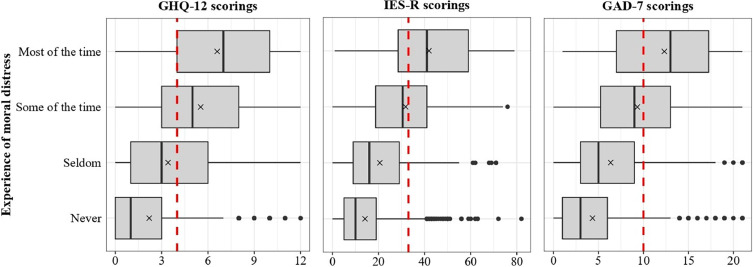
**The Struggle Between Medical Interventions and Ethical Choices**
The field of medicine inherently requires a careful equilibrium between what is feasible and what is essential. This equilibrium is particularly highlighted in circumstances related to end-of-life care and vital treatment choices. Healthcare providers frequently encounter moral distress, a concept first defined by ethicist Andrew Jameton, which refers to the conflict healthcare professionals face when they know the right course of action yet are hindered from executing it due to various systemic, institutional, or societal obstacles.
A striking illustration can be found in a hospital setting during the early morning hours, where a middle-aged man, suffering from terminal metastatic cancer, faces breathing difficulties. His medical record indicates “full code,” signifying that every effort should be made to sustain his life. His daughter, via a video call, adamantly demands “doing everything,” a request that typically involves aggressive measures such as resuscitation attempts, which may prolong suffering without enhancing quality of life.
Even though the medical team is aware that these measures may not benefit the patient, they move forward, swayed by the demands of institutional protocols and family wishes. This scenario illustrates the tension between adhering to clinical standards and honoring one’s own ethical convictions regarding when to intervene or abstain.
Moral distress in medicine goes beyond personal burnout, which is often viewed as a lack of endurance. Rather, moral distress stems from systemic challenges that favor efficiency, liability, and financial goals over patient-centered ethical care. This diminishes healthcare professionals to mere implementers of protocols instead of thoughtful practitioners influenced by professional ethics.
Training settings within medical institutions frequently foster a culture of conformity where physicians learn to manage these pressures. This leads to moral residue, the lasting effect of unresolved ethical conflicts that practitioners carry with them throughout their careers. The situation is exacerbated by healthcare systems that emphasize metrics over meaningful patient engagement, resulting in circumstances where ethical considerations are overshadowed by procedural compliance.
To mitigate moral distress, a transformation is necessary in the approach to medical practice. This involves acknowledging the intrinsic limitations of medical interventions and embracing the position of discerning caregivers rather than all-powerful healers. Medicine should prioritize companionship over mere intervention, recognizing that vulnerability and acceptance of limitations are essential components of compassionate care. This conceptual shift requires the integration of continuous ethical discussions within clinical environments, ensuring that care decisions resonate with both patient needs and professional ethics.
In the end, moral distress should be recast as a sign of an enduring moral awareness, prompting systems to foster environments that support ethical discernment. By reinterpreting professionalism as an act of moral bravery, healthcare systems can shift from fragmented efficiency models to comprehensive, ethically mindful practices. Such a change facilitates a medical approach that reconciles its ethical mission with the realities of the clinical environment, aligning with the fundamental objective of patient care as both a clinical and ethical responsibility.